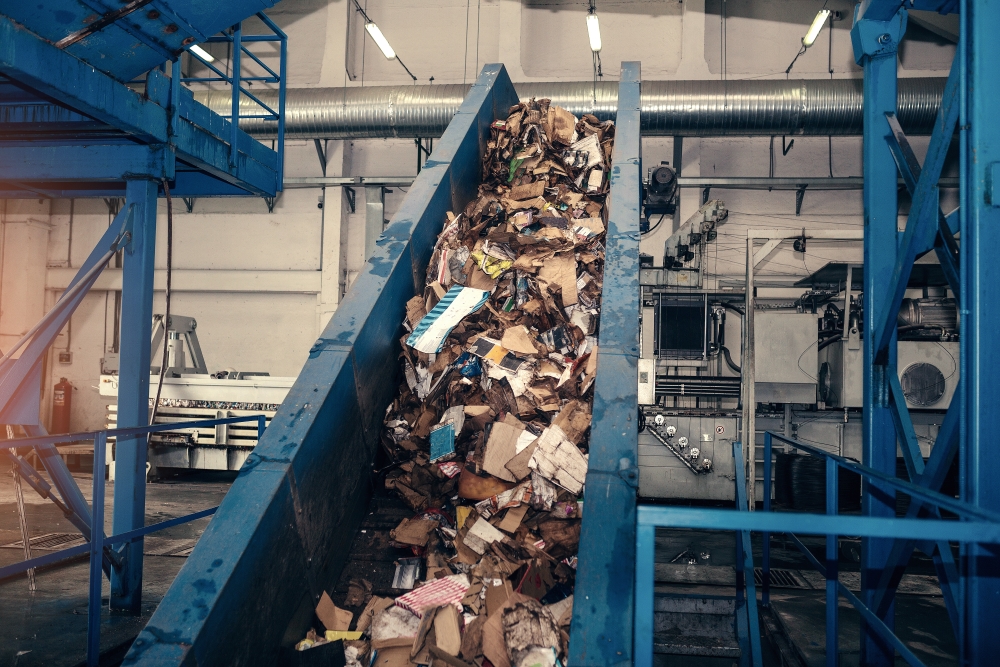Speaking at the association’s conference in London yesterday, Mr Brighty outlined the work undertaken by the ESA’s resources and waste strategy group, which aims to analyse extended producer responsibility (EPR) reforms.
Mr Brighty explained that the group’s focus has been on MRFs recently as they are “due to play a key role in the EPR system to ensure waste companies are paid fairly for the services they provide”.
Under EPR, facilities that receive, sort and/or transfer waste containing household, household-like and C&I packaging would be considered a packaging evidence point.
They will be required to undertake sampling and compositional analysis “to identify and report the tonnages, composition and quality of packaging waste received, processed, lost and/or sent to other facilities or exported”.
Survey

Mr Brighty said the group undertook a survey of its members to gather real world data, inform Defra and avoid the scenario where the government “makes assumptions which affect ESA’s members ability to operate”.
He explained that concerns were raised around space, contractual constraints and traffic management.
One of the standout findings was that a quarter of sites require major upgrades, which will cost up to £50 million each.
“Such upgrades would necessitate shutdowns of around 12 months. The majority of remaining sites will require minor upgrades, requiring shutdowns of at least one month per site,” he added.
Mr Brighty also said the ESA members need “clarity” on the resources allocated to the sampling regime. He warned that this will account for £1 billion a year of local authority payments, and “must be robustly regulated to ensure a regular playing field”.
Alongside the sampling challenges, the five year timeline for some MRFs was given to account for the interlocking challenge of commissioning new facilities, phasing the transition of existing facilities and the permit backlog, as well as contractual challenges and the lead times for procuring new equipment.
Such upgrades would necessitate shutdowns of around 12 months
- Patrick Brighty, ESA
Priorities
Looking forward, Mr Brighty also outlined what the priorities are for the group. This included increasing the plastics tax, clarity on policy and ensuring TEEP exemptions are minimised.
He said there has been concern “across the value chain” around the high level focus of Defra’s EPR vision experience. “We need to see a focus from government on tier one implementation issues for the other reforms. We also need clarity through the publication of the consistency response.
“Members need to know the materials and scope under consistency to accurately predict enough baseline capacity, necessary infrastructure changes and full contractual discussions with local authorities”.
Secondly, the design of modulated fees under EPR “must reflect recycling costs and be designed to drive the right producer behaviour and push harder to recycle formats of the market,” said the ESA policy advisor.
Mr Brighty concluded that in order to build robust domestic and markets for lower value materials such as post-consumer plastic film and to provide a long term framework to support investment, an increase in both the rate per tonne and the minimum recycled content thresholds of the plastics tax should be signalled to the market and implemented over a ten year period.












Subscribe for free